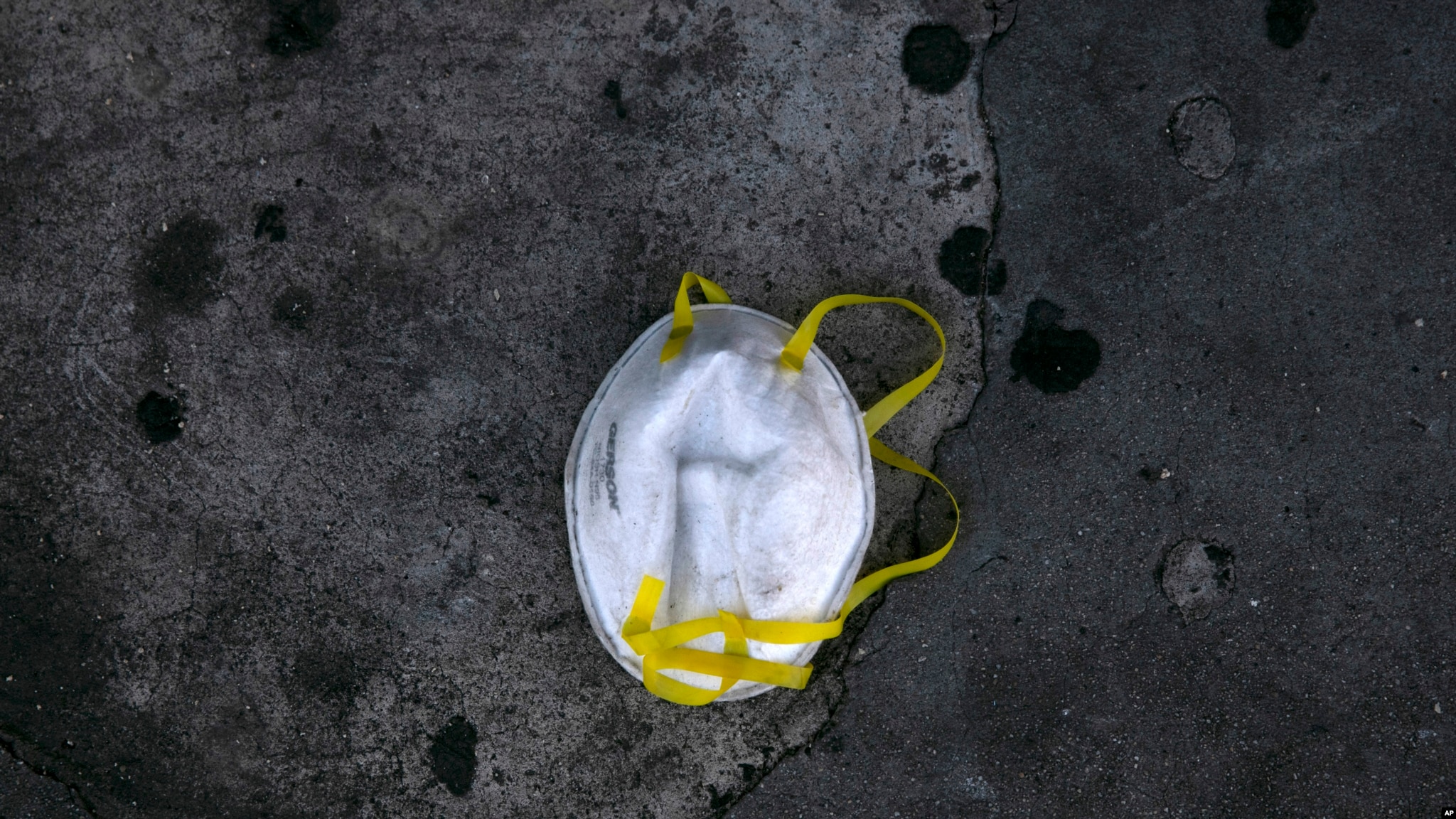
Study: Some Men Label Masks 'Uncool'
A recent COVID-19 study suggests men are more reluctant to wear face masks in public.
The study, conducted by researchers Valerio Capraro from Middlesex University London and Hélène Barcelo from the Mathematical Sciences Research Institute in Berkeley, California, found that American men were more likely to leave the house without a mask, saying wearing one is a sign of "weakness" and "not cool."
"We found that men more than women disagree with the statement, 'Wearing a face covering is cool' and agree with the statements: 'Wearing a face covering is not cool,' 'wearing a face covering is shameful,' 'wearing a face covering is a sign of weakness,' and 'the stigma attached to wearing a face covering is preventing [them] from wearing one as often as [they] should,'" the authors wrote.
"Wearing a face covering is difficult because it requires a substantial change in our habits," the authors wrote in the paper released May 11 by the Society for the Improvement of Psychological Science. "The risk that people do not adhere to it is high."
More than 50 countries have implemented compulsory mask-wearing laws to slow down the spread of the coronavirus. Currently, 14 U.S. states require that residents wear cloth masks or face coverings in public places.
In U.S. states that don't require people to wear masks, men less than women intend to cover their mouths and nose, the study's researchers said. But this difference disappears in states where wearing face masks is mandatory.
"Regulations that explicitly punish the violation of the rule are certainly crucial to impose behavioral changes," the authors wrote. However, "it is important to complement explicit governmental laws with implicit behavioral interventions."
Several reports have stated that COVID-19 is striking men harder than women, with research finding that men are more likely to die from the ailment than women. COVID-19 is caused by the coronavirus.
Despite the findings in those reports, "We also find that men less than women believe that they will be seriously affected by the coronavirus, and this partly mediates gender differences in intentions to wear a face covering," Capraro and Barcelo wrote.
Another survey by the Gallup/Knight Foundation, conducted from April 14 to 20, found that 38 percent of men never wore a face mask or cloth face covering outside their homes.
The poll also showed that the perceived effectiveness of face masks varied by age: 37 percent of participants between the ages of 18 and 34 said masks were equally or more effective as hand washing, while 51 percent of participants who were 55 and older said masks were equally or more effective as hand washing.
For some men, reluctance to wearing a mask has a racial component, as well.
"I'm going to be honest here. As a racially ambiguous, over 6ft black dude, I'm afraid wearing a face covering outside could not end well for me. I'm still going to do it, but please don't shoot me or call the cops for no reason. I'm just trying to do my part to save lives," a Twitter user by the handle @politidope posted.